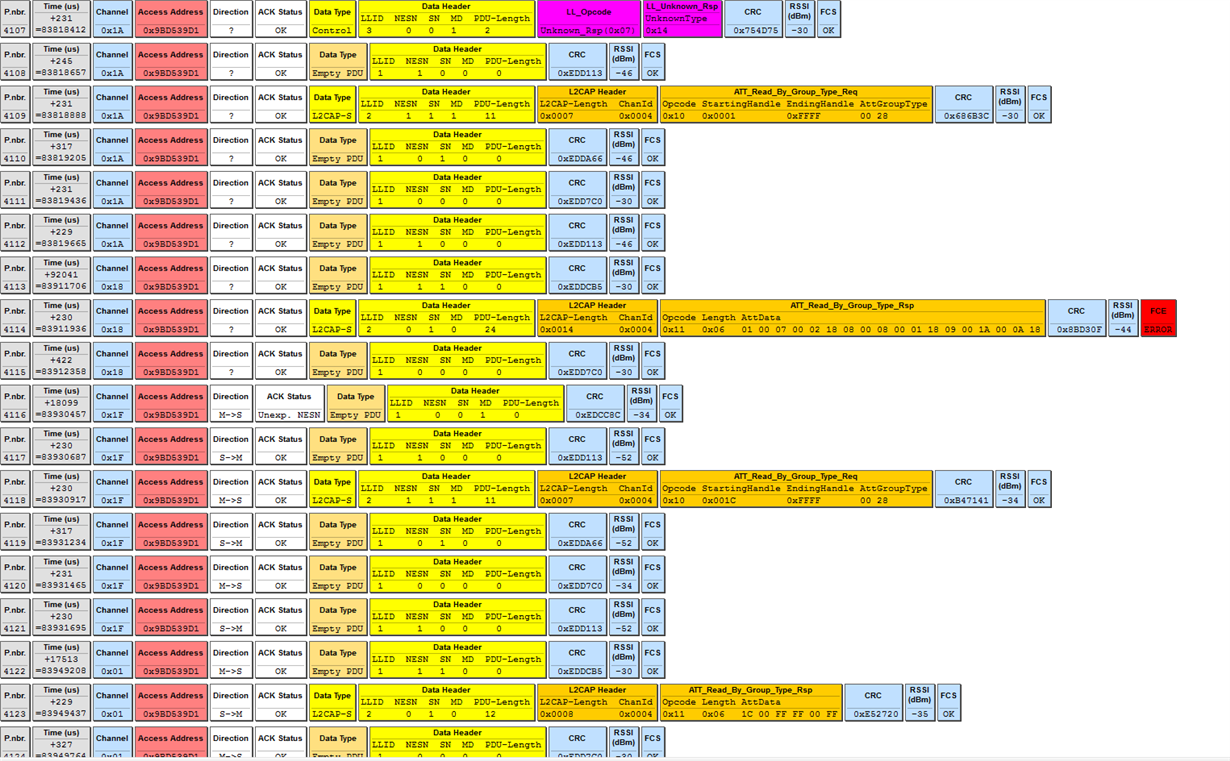Tool/software: Code Composer Studio
Hi
I have been working on CC2640R2f LP based on simple_peripheral example, and my SDK version is simplelink_cc2640r2_sdk_2_30_00_28.
I have been trying to make the BLE Stack, DMA and PWM work together, but I found out that for some reason I cannot reconnect to the peripheral after uDMAChannelTransferSet and at that time timers haven't be set yet.
After some experiments, I noticed that if I set optimization level to 4 ,the program can work properly. What I am curious about is that I have tried modifying task stack size and C system stack size before, and it changed nothing. So I would like to ask that what else need to do to make my program work with optimization off.
Wish all help
Alex







